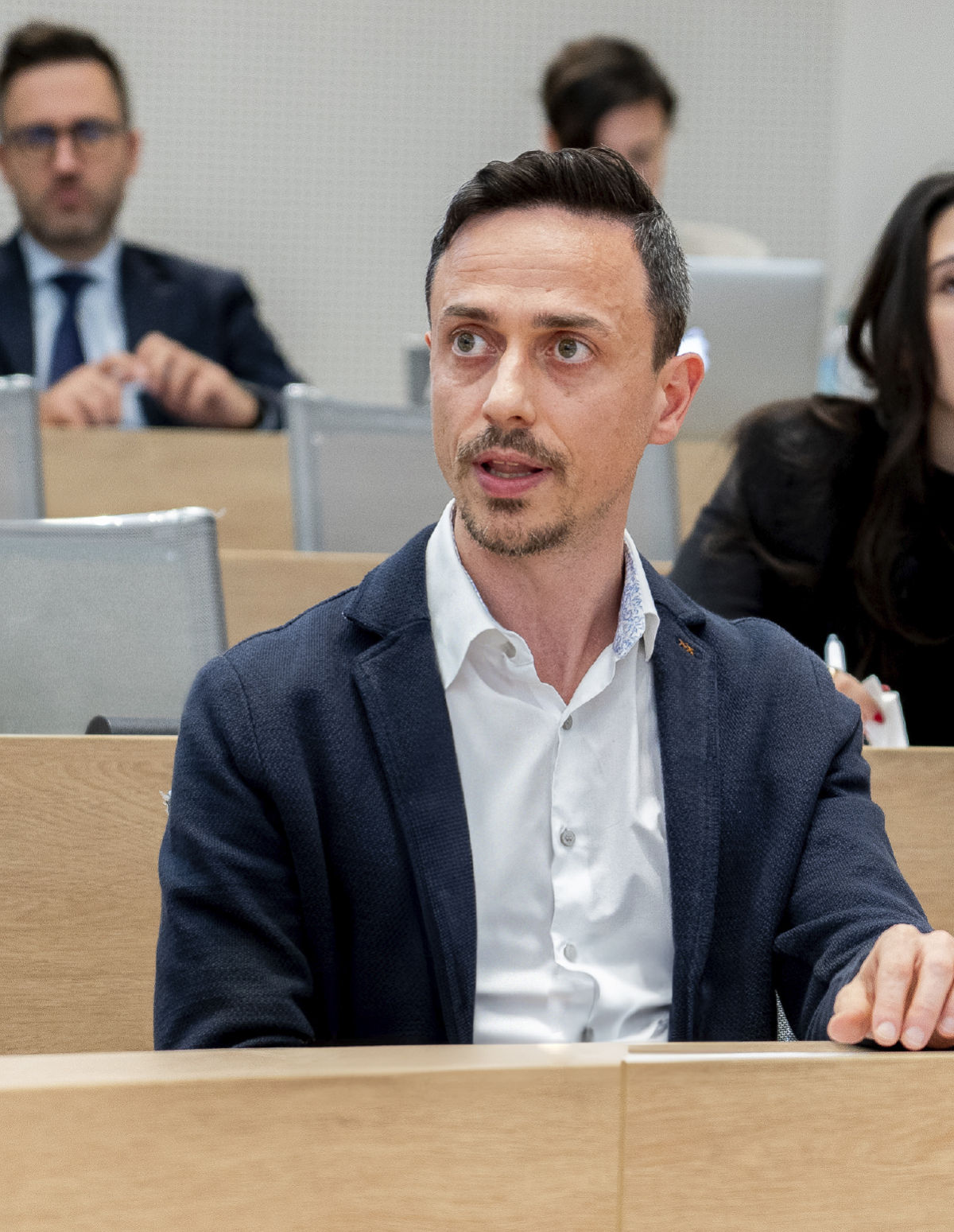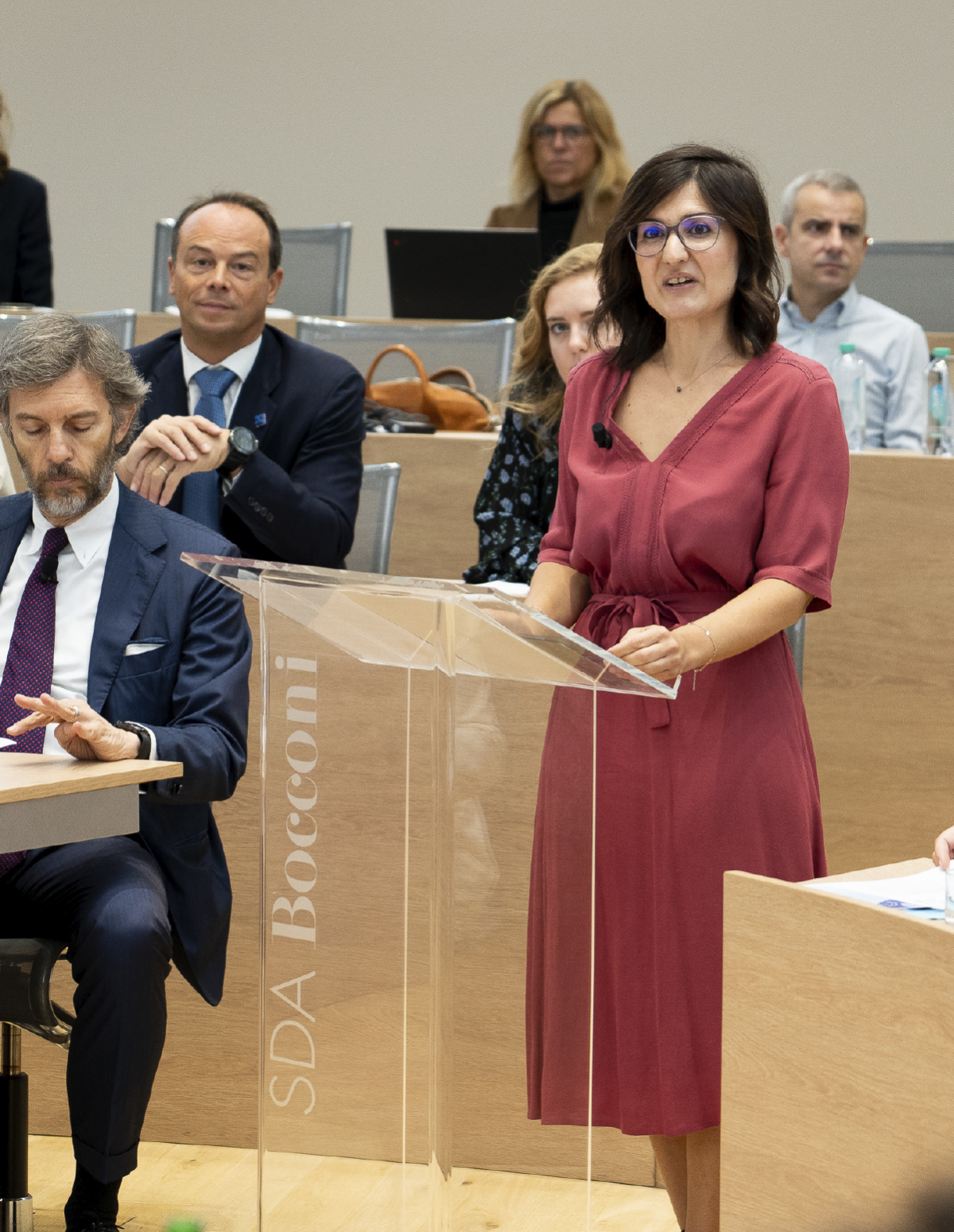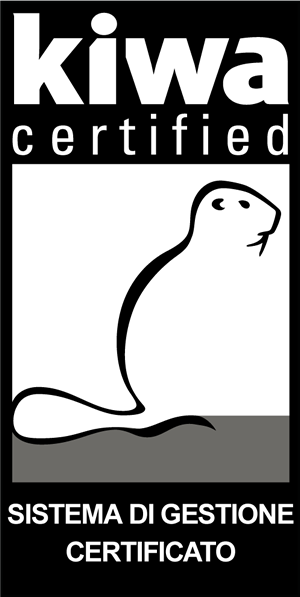"The Digital Product Passport" explained Antonio "will have to provide information about process mapping to measure and understand the supply chain, it will be used to uniquely identify the product and will be functional in the management of its digital twin, to collect reliable primary data.
Finally, the DPP should have the necessary interoperability to enable improvements and cooperation providing digital experiences -based on concrete statements- to foster customer awareness.
All these elements that we consider foundational in the creation of the Digital Product Passport are inextricably linked to transparency policies and the adoption of traceability solutions.
We are all about to experience the great opportunity to make decisions that will define the success of these initiatives in the years to come. From our perspective, companies' sustainability efforts cannot thrive without the support of a forward-looking traceability program, and we, at Temera, are already partnering with brands on this journey."
Within the project, Temera created digital experiences, accessible through QR Codes and NFC tags, where the KPIs -the key performance indicators that are used to measure how effectively a company is achieving its main goals- were the processing steps from raw material to finished product, product movements at all these stages, and various other secondary content.


